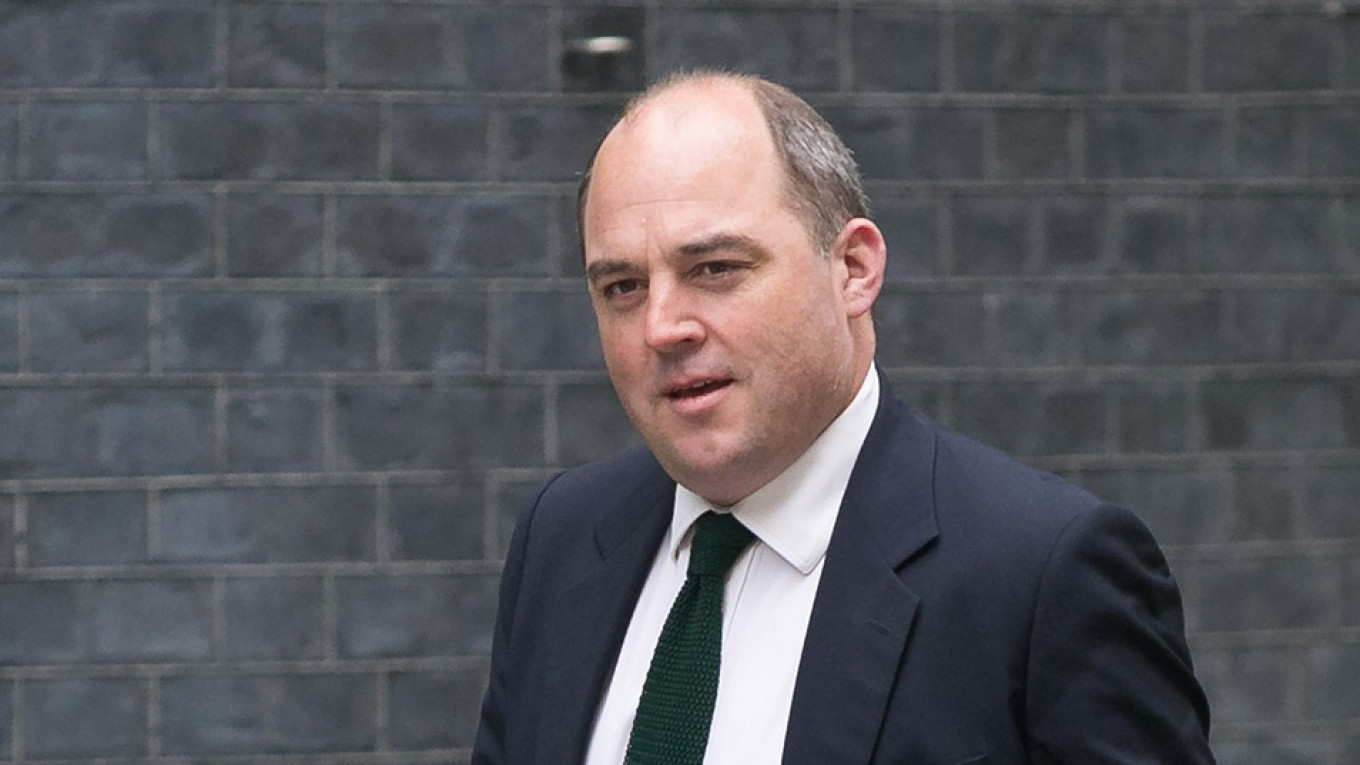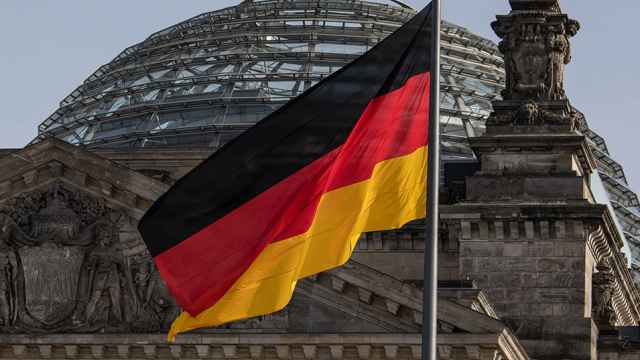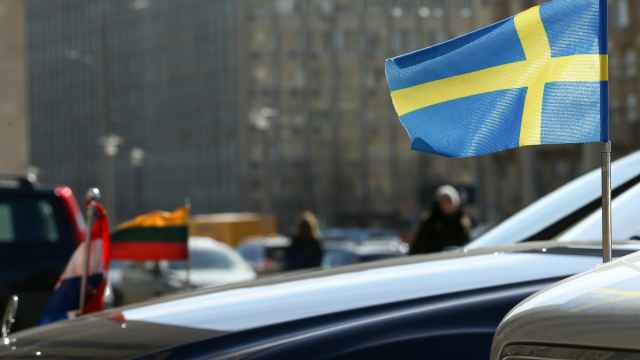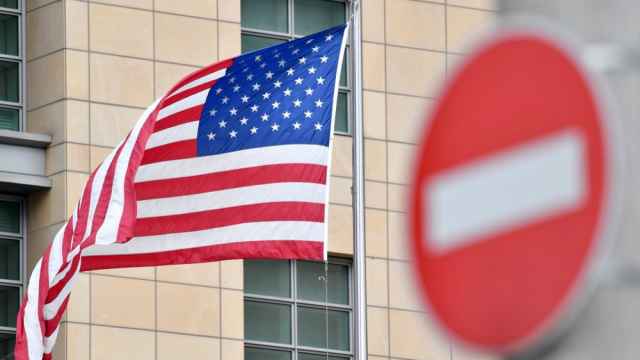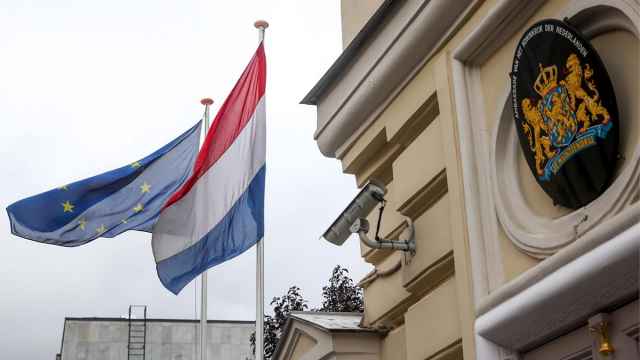Kremlin chief Vladimir Putin bears ultimate responsibility for an nerve agent attack on a former Russian spy and his daughter in Salisbury earlier this year, Britain's security minister said on Thursday.
Prime Minister Theresa May said police and prosecutors now believe the attack on Sergei Skripal was carried out by two Russian military intelligence officers who were almost certainly acting with the approval of senior Russian officials.
Russia has repeatedly denied any involvement and some Russian officials have suggested the British security services carried out that attack to stoke anti-Moscow hysteria.
Asked whether President Putin bears responsibility, Ben Wallace told BBC radio: "Ultimately he does in so far as he is the president of the Russian Federation and it is his government that controls, funds and directs the military intelligence."
"Ultimately of course he is responsible, he is leader of the state," he said.
Skripal, a former colonel in Russian military intelligence who betrayed dozens of agents to Britain's MI6 foreign spy service, and his daughter Yulia, were found unconscious on a public bench in the English city of Salisbury on March 4.
After the attack, allies in Europe and the United States sided with Britain's view of the attack and ordered the biggest expulsion of Russian diplomats since the height of the Cold War. Russia retaliated by expelling Western diplomats.
The motive for attacking Skripal, who was exchanged in a Kremlin-approved spy swap in 2010, is still unclear, as is the motive for using an exotic nerve agent, Novichok, which has such clear links to Russia’s Soviet past.
A Message from The Moscow Times:
Dear readers,
We are facing unprecedented challenges. Russia's Prosecutor General's Office has designated The Moscow Times as an "undesirable" organization, criminalizing our work and putting our staff at risk of prosecution. This follows our earlier unjust labeling as a "foreign agent."
These actions are direct attempts to silence independent journalism in Russia. The authorities claim our work "discredits the decisions of the Russian leadership." We see things differently: we strive to provide accurate, unbiased reporting on Russia.
We, the journalists of The Moscow Times, refuse to be silenced. But to continue our work, we need your help.
Your support, no matter how small, makes a world of difference. If you can, please support us monthly starting from just $2. It's quick to set up, and every contribution makes a significant impact.
By supporting The Moscow Times, you're defending open, independent journalism in the face of repression. Thank you for standing with us.
Remind me later.


